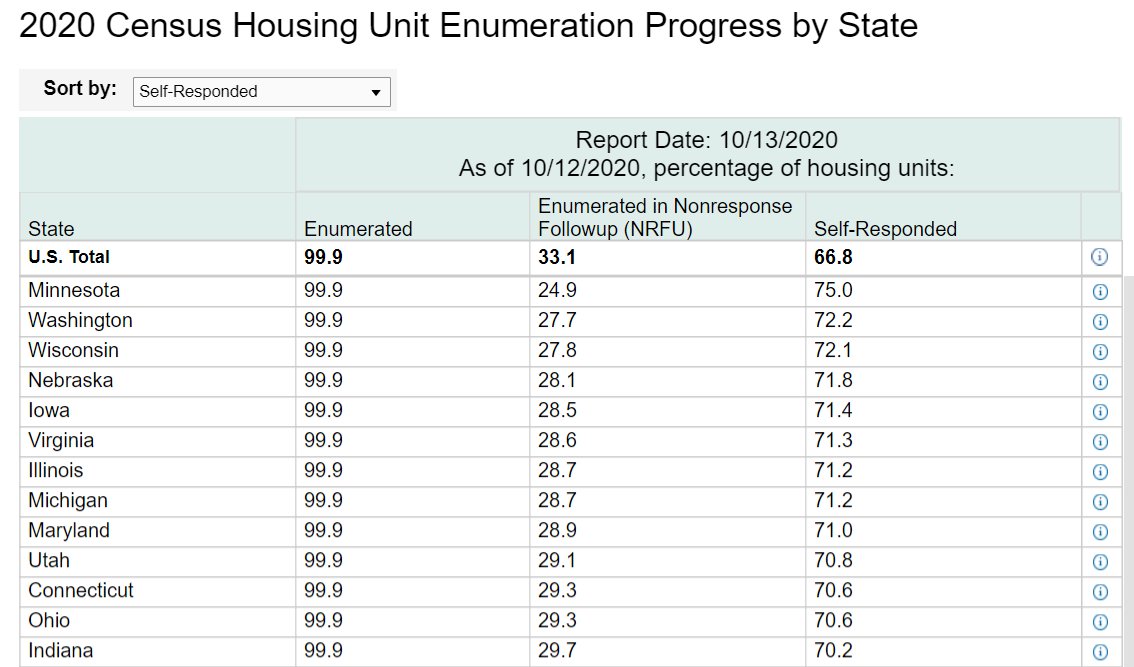
Yes, the story is a *lot* different if you go back farther than 2010, but for the past 1/5/10 years the part of the U.S. wealth distribution with the fastest-growing net worth is the bottom half bloomberg.com/opinion/articl…
The Great Recession and its immediate aftermath were disastrous for the less-affluent half of America, but the past decade has been tons better bloomberg.com/opinion/articl… 

The bottom half's comeback doesn't look as nearly impressive when expressed as a percentage of total U.S. household wealth, but it's still been a sustained recovery bloomberg.com/opinion/articl… 

I've lumped the entire bottom half of the wealth distribution together because that's what @federalreserve does in its distributional financial accounts, but they do break down wealth by *income* quintiles, and that's pretty interesting bloomberg.com/opinion/articl… 

For the upper half of the bottom half I think the decline and rebound in net worth has mostly been about housing bloomberg.com/opinion/articl… 

For the bottom half of the bottom half it's been more about wages, and wage growth for low-wage workers has been pretty good since 2015 (although the 2020 numbers are skewed by the loss of so many low-wage jobs) bloomberg.com/opinion/articl… 

More on why 2020 wage-growth numbers for low-wage workers can't be believed, from @nick_bunker
https://twitter.com/nick_bunker/status/1379879672801026053
While low-wage jobs were devastated by the pandemic recession, the CARES Act kept a lot of the people who lost those jobs afloat, and all indications are that there's going to be upward wage pressure again this year. So the rise of the bottom half seems set to continue ...
... and it needs to, because while the trajectory over the past decade has been great, at its starting point in 2010 the net worth of the less-wealthy half of America had fallen awfully close to zero bloomberg.com/opinion/articl…
The source for (almost) all of this is the quarterly distributional financial accounts that the @federalreserve started publishing in 2019. They also sort wealth by age, generation, education and race, and the site is very user-friendly federalreserve.gov/releases/z1/da…
• • •
Missing some Tweet in this thread? You can try to
force a refresh










